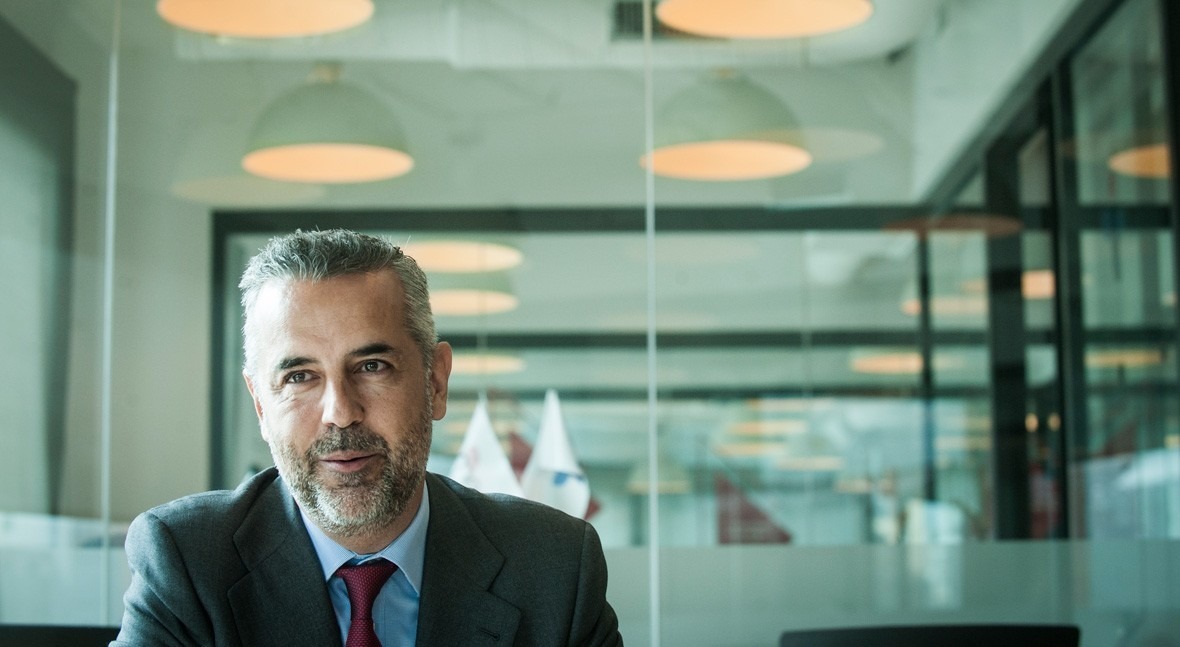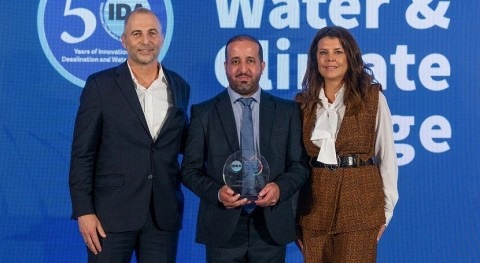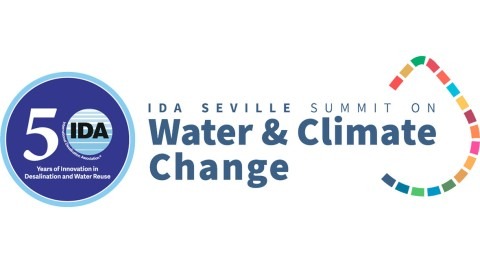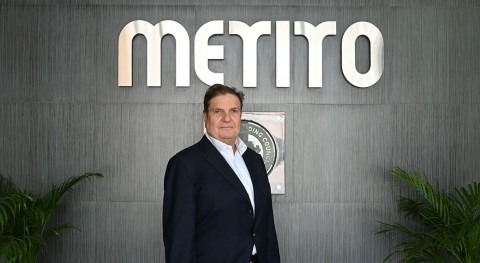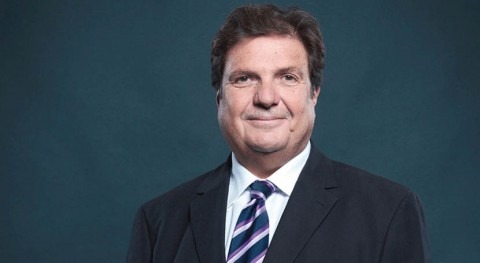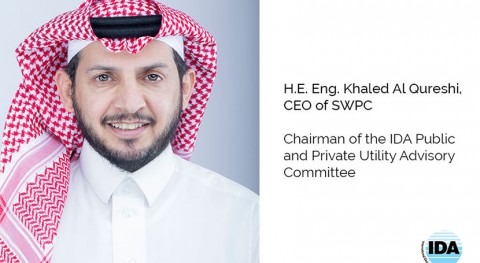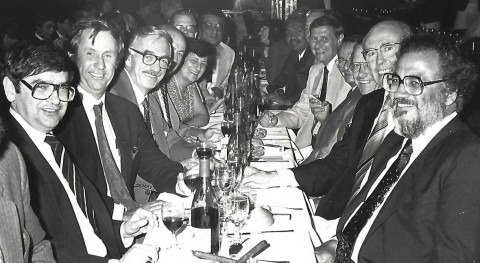Borja Blanco has a long career path in the water sector, up to his current position as CEO of Aqua Advise. Additionally, from his role at the International Desalination Association, he encourages the most sustainable techniques, tools and projects to address water resources challenges worldwide.
This time, we interview him on the occasion of his participation in the International Water Reuse and Recycling Conference, held in Valencia.
Question - Mr Blanco, firstly, we would like to know in detail about your career path.
Answer - I have been involved with the water industry for over 25 years, holding positions in companies related to the water sector that are world leaders. After working for a combined period of about 14 years at USFilter and Veolia Water, I led the sales, marketing and business development efforts of Energy Recovery Inc (ERI) for 9 years.
Currently I manage the company Aqua Advise, where we work on strategic, commercial and technical consulting for the desalination sector. It is a boutique company founded in 2015 which is growing at a good pace, so all of us working in it are very motivated to continue to grow and add value to the sector.
In addition, I am a member of the Board of Directors of the International Desalination Association (IDA), as well as the European Desalination Society (EDS), and I am very much involved in the international desalination market, promoting the importance of having efficient technologies and affordable solutions to water problems.

Q - What is your perception of reuse on a global basis?
A - While in most countries there is still a lot to be done, there are places such as California, Israel, Australia, Singapore and southern Europe, that is, developed countries with scarce water resources, where water reuse is already quite common. However, in each of these locations the application of water reuse and the regulatory framework is different. The case of the State of California is noteworthy, as they expect to start reusing water for potable uses in 2023.
When we examine water reuse worldwide, it is important to understand the main differences among countries, because this analysis would include both countries with high rainfall where there is no need to consider reuse, and countries where currently waste water goes practically untreated, not even with the most basic treatment.
Q - How would you define the degree of implementation of this technique in Spain?
In Spain this technique has been implemented to a high extent. Spain is considered one of the most advanced countries of the EU in this regard.
Spanish legislation concerning reuse is quite extensive, thus allowing the development and implementation of technology with the necessary legal certainty; however, it does establish very high standards of quality, which presently mean a more limited application of reused water. Spanish regulations address most uses of reused water, including urban, agricultural, industrial, recreational, and environmental uses: this is similar to the US EPA and Australian reuse guidelines, and the Californian regulations.
In addition, Spain has well defined regulations concerning reused water monitoring in order to protect public health and the environment.
What are the problems and challenges this technique faces?
There are four types of challenges or barriers.
- Technical barriers: particularly in less developed countries, where the infrastructure for efficient water collection and treatment prior to reuse treatment is missing.
- Regulatory barriers: there are no regulations on water reuse developed at a global level, due to lack of experience understanding the challenges with regards to the management and mitigation of environmental and health risks.
- Financial barriers: limited financial incentives to invest in these projects, lack of knowledge about investment and operation costs or the long-term economic feasibility are additional barriers to water reuse.
- Social and cultural barriers: finally, it is quite common to come across projects that, although they are technically and economically viable, are not implemented due to cultural and social barriers. Generally, the perception of the public includes concerns about the risks involved not only in direct consumption, but also the risks from food grown with reused water.

Q - What are the main challenges faced when it comes to communicating with citizens about the use of reused water? How does the consumer perceive it?
A - In Spain, communication with citizens is pretty much non-existent. Among consumers, there is widespread acceptance when it comes to irrigating parks and gardens with limited access, but in terms of using reused water for agricultural irrigation or other uses, there is no communication and thus most consumers do not accept it, and even less so potential future uses of reused water as potable water.
There are success stories concerning communication strategies, mainly in California, where, in a scenario of drought and water scarcity, using excellent communication strategies, they have achieved improved acceptance by the general population of certain uses of reused water, to the point, as I mentioned earlier, of considering the reuse of potable water.
Q - How does water from reuse contribute to address the needs of agriculture in Spain?
A - It is very important. Agricultural use amounts to approximately 70% of water consumption in Spain; therefore, any input of reused water to this sector will make a difference in water management in Spain. If we also take into account the significance of agriculture in certain areas of Spain, such as the south-east, any water input that maintains the quality levels required by law is always welcome.
Q - Finally, what would you highlight from the International Water Reuse and Recycling Conference?
A - The conference in Valencia, with the attendance of international experts, brings clarity and potential solutions to technological, regulatory and economical challenges in the sector, and contributes to the growth of reuse worldwide.


